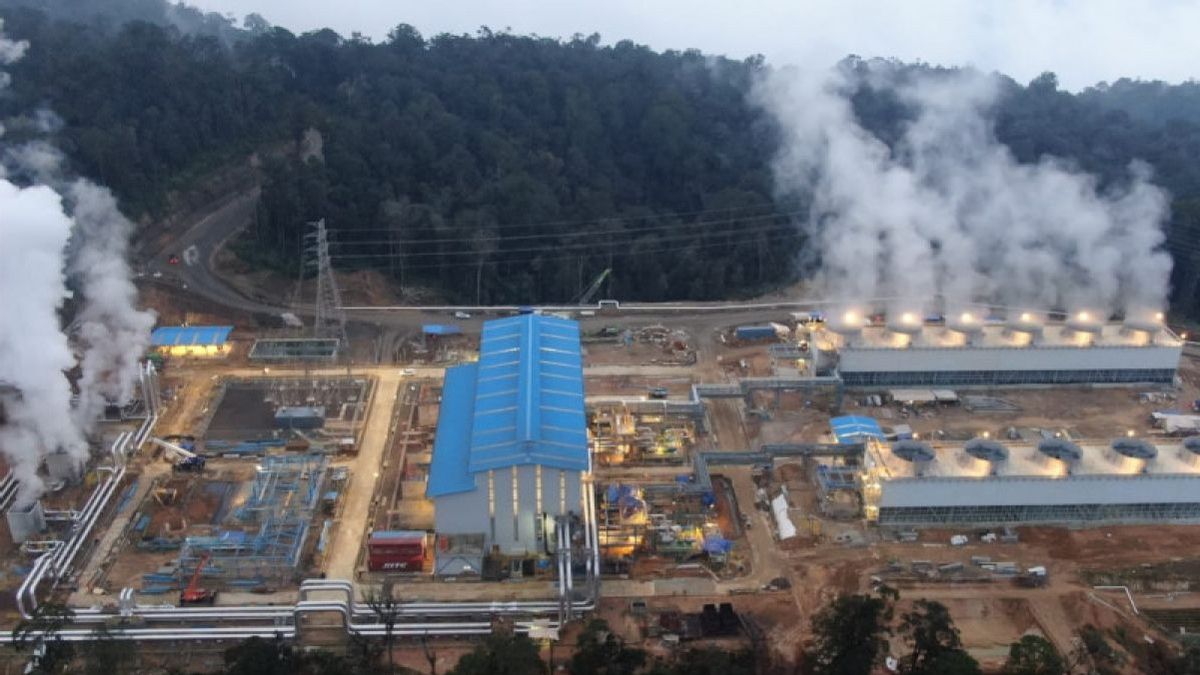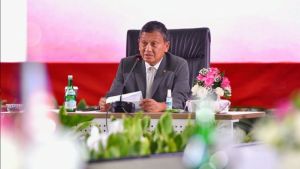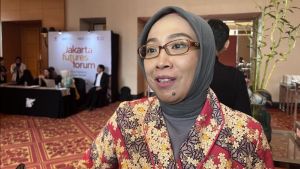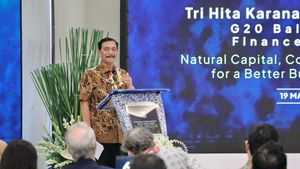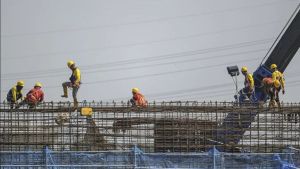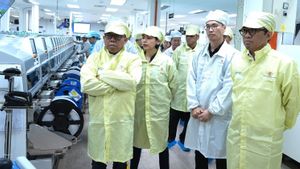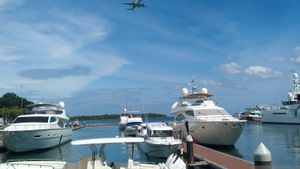JAKARTA - The environmentally friendly energy system is considered the foundation for Indonesia to achieve the zero carbon emission target or Net Zero Emissions (NZE) by 2060.
"So, an environmentally friendly energy system is a very substantial foundation for Indonesia to achieve its net zero emissions goal," said CEO of the Climateworks Center, Anna Skarbek quoting Antara.
Anna said this statement regarding questions about which sector Indonesia should prioritize to get short results related to the NZE target.
According to the member of the Advisory Board of the Net Zero Economics Agency, Australia, to achieve the NZE target must prioritize all sectors, such as development transitions, transportation, and environmentally friendly industries.
However, Anna assesses that when you have to choose, building a zero-emission energy supply system becomes the foundation, making it possible to create supply chains, production, manufacturing, transportation, and clean air.
This will be an opportunity to fill global demand for environmentally friendly metals, minerals, and manufactured products. Later, attract green and international funding," he said.
He reminded that for NZE's target to run effectively, Indonesia must apply the principle of Everything Everywhere All At Once, which is that all matters related to zero emissions must be carried out simultaneously.
He gave an example that not only assets and energy plants are the focus, but also workers, communities, and environmentally friendly energy users must be involved.
So, when discussing energy generation products to the public, they will say 'we want environmentally friendly products'. So, the government and the joint program can help prepare funding to meet the consumer demand," he said.
SEE ALSO:
Therefore, he continued, if all these things are done in a well-structured manner, Indonesia will be able to immediately implement an energy transition and achieve NZE.
Indonesia emphasizes its ambition to achieve NZE by 2060, one way it does to achieve this commitment is to develop Carbon Economic Value (NEK).
Indonesia also has a long-term strategy for low-carbon development and climate resilience (Long-Term Strategies for Low Carbon and Climate Resilience 2050, LTS-LCCR 2050).
This strategic step allows for a sharper reduction of greenhouse gas emissions starting in 2030 and reaching zero carbon emissions by 2060.
The English, Chinese, Japanese, Arabic, and French versions are automatically generated by the AI. So there may still be inaccuracies in translating, please always see Indonesian as our main language. (system supported by DigitalSiber.id)
